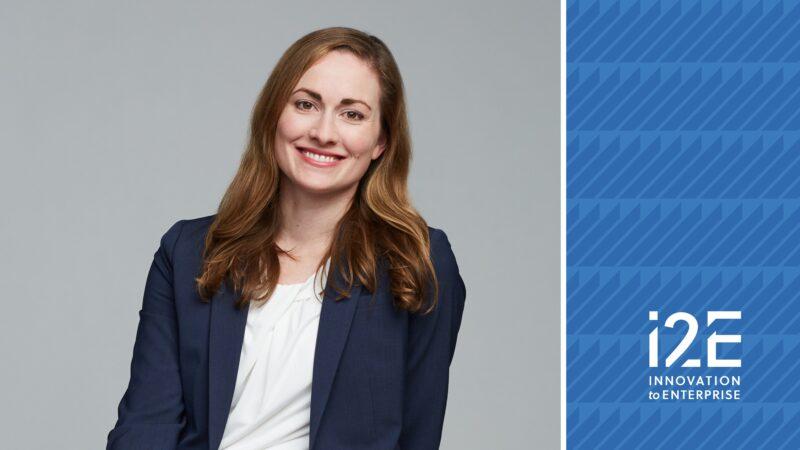By Scott Meacham
Everything in life is cyclical. As terrible as 2020 has been for so many, the human spirit is amazing. Over the last month, as people have begun receiving vaccines that were developed in less than a year, I sense a bit of restored optimism.
Who isn’t hoping (and expecting) that 2021 will be an improvement over 2020? I have talked to many people of all walks of life and diverse businesses and industries in Oklahoma who feel like there are new ways to actually make things better—for themselves, their families and friends and for the communities where they live.
Education and entrepreneurship are at the top of my list. Education equips our young people with functional and problem-solving skills. Entrepreneurship creates innovation and jobs.
Ewing Marion Kauffman Foundation (EMKF) has just published its latest thought-starter: Who Doesn’t Start a Business in America? A Look at Pre-Entrepreneurship Leavers, based on a nationally representative survey of more than 22,000 adults in the United States.
The Kauffman study found that almost 6 percent of the adult population are pre-entrepreneurship leavers. We know a lot about entrepreneurs who actually start business, but what about those who stop before they start?
Pre-entrepreneurship leavers are defined as “an individual who has not previously owned a business, was seriously considering starting a business in the last five years, with a specific idea, need, product, or service in mind, but decided not to do so.”
Turns out the most cited reasons among pre-entrepreneurship leavers for wanting to start a business are what we would expect—46 percent of respondents wanted to be independent, control their own future and be their own boss; 41 percent cited following a passion or making money.
Kauffman dug down to discover what steps the leavers took on the entrepreneurship path before they abandoned their dream for something else.
About half talked over their business ideas with a work associate, a friend, or an acquaintance, only about 15 percent consulted with an expert, specific to the business idea or market. Concern about business survival is the most commonly cited reason for leaving the entrepreneurship process.
What if that 6 percent (120,000 people), or even a portion, acted on their entrepreneurial dreams and decided to start up a company? That’s the purpose of being for the Oklahoma Center for the Advancement of Science and Technology (OCAST) and for i2E.
From the real-life entrepreneurial experience of the Entrepreneur’s Cup collegiate business plan competition for college, university, and graduate students who want to consider entrepreneurship as a career path, to the e3 market validation program, to a continuum of capital funding from concept to growth, we fan the spark of entrepreneurship and feed the flames of ideas.
Will every business concept make it past the market validation phase? Absolutely not. But with support and structure provided by experts, can we help want-to-be entrepreneurs pivot to another idea instead of becoming a pre-entrepreneurship leaver?
Absolutely. We see it all the time.
Here’s an Oklahoma thought-starter of our own. Where would Jeff Bezos be today if Sylvan Goldman hadn’t invented the shopping cart?
Scott Meacham is president and CEO of i2E Inc., a nonprofit corporation that mentors many of the state’s technology-based startup companies. i2E receives state support from the Oklahoma Center for the Advancement of Science and Technology and is an integral part of Oklahoma’s Innovation Model. Contact Meacham at [email protected].








